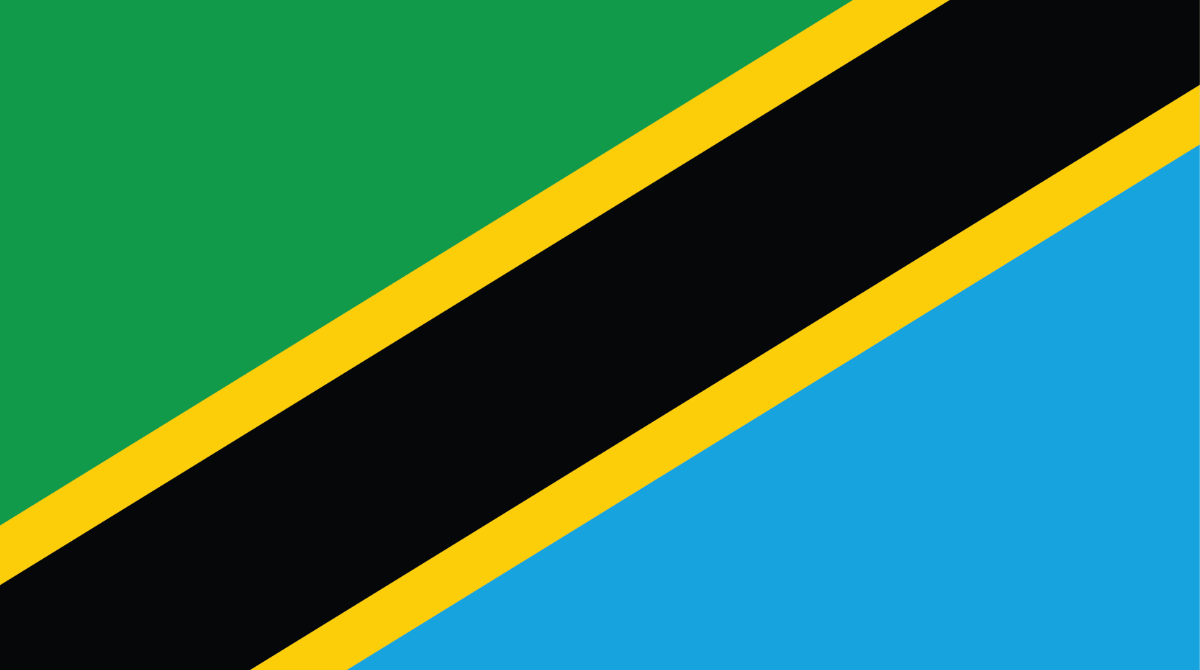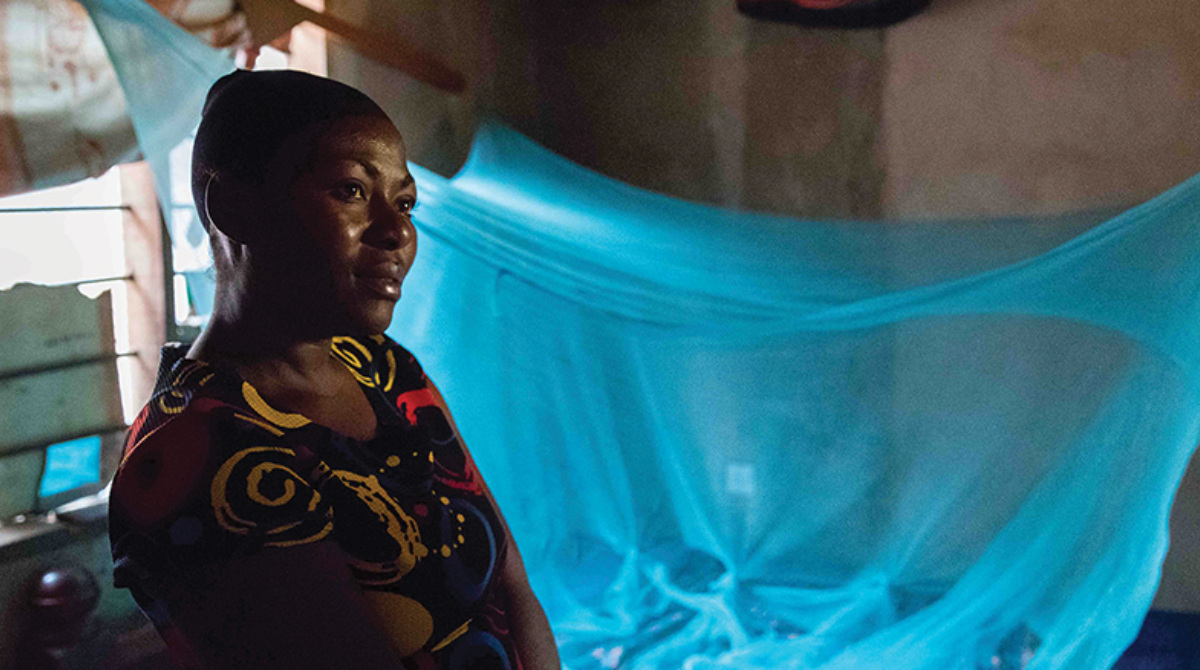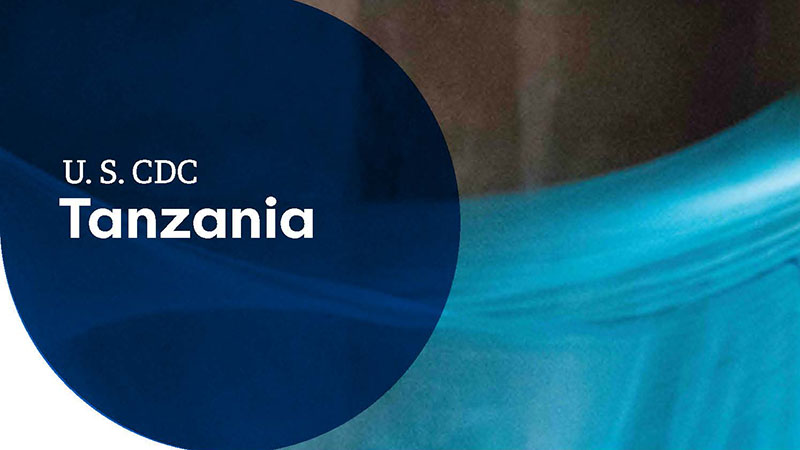At a glance
CDC works with the Ministry of Health (MOH) and other partners to build effective public health collaboration and partnerships, which strengthen the country's core public health capabilities: data and surveillance, laboratory capacity, workforce and institutions, prevention and response, innovation and research, and policy, communications, and diplomacy.

Overview

CDC established an office in Tanzania in 2001 to support HIV prevention. The CDC office expanded through the U.S. President's Emergency Plan for AIDS Relief (PEPFAR) in 2003. CDC Tanzania works closely with the Government of Tanzania and partner organizations to detect, prevent and control infectious disease outbreaks and build and strengthen the country's core public health capabilities. These include data and surveillance, laboratory capacity, workforce and institutions, prevention and response, innovation and research, and policy communications and diplomacy. CDC's work aims to protect the health of our nations and public health around the world.
Global health security
Tanzania has 54 official borders with eight different countries, including the African Great Lakes region. This geographic scope increases the country's vulnerability to cross-border disease outbreaks and epidemic spread. By adhering to a One CDC model where expertise, programs, and platforms are leveraged to provide the most impactful health outcomes in the country, CDC works closely with the Government of Tanzania and partners. This collaboration ensures that the country is better prepared to prevent, detect, and respond to public health threats to improve the health and well-being of Tanzanians.
CDC’s global health security work in Tanzania focuses on strengthening the country’s public health systems in the following core areas:
Health security systems
CDC supports Tanzania to strengthen International Health Regulations core capacities to:
- Comprehensively prevent to public health threats.
- Rapidly detect to public health threats.
- Effectively respond to public health threats.
- Successfully apply "All Hazards" contingency plans.
Disease surveillance
CDC also supports strengthened disease surveillance activities including:
- Expansion of the electronic community and facility-based surveillance for detection of early warning alerts.
- Training the global public health workforce, including district-level epidemiologists.
- Strengthened border health capabilities.
- Enhanced laboratory testing and molecular detection of pathogens like influenza, Ebola, cholera, and COVID-19.
- Establishment of national and subnational Emergency Operations Centers (EOCs).
Workforce development
CDC established the Field Epidemiology and Laboratory Training Program (FELTP) in 2008. In 2016, Tanzania's FELTP expanded to include three training programs for frontline, intermediate, and advanced residents.
CDC also launched Project ECHO in 2016. The project uses teleconferencing to facilitate case-based learning and knowledge sharing between participants and subject matter experts. ECHO virtual sessions cover various topics, including HIV and TB clinical care and COVID-19 case management. CDC manages the Project ECHO sites with support from implementing partners.
Emergency management systems
CDC collaborated with partners to help Tanzania establish and activate a fully functional Public Health Emergency Operation Center (PHEOC) in 2015. The PHEOC has coordinated responses to a broad range of public health emergencies. These responses have included COVID-19, cholera, Marburg, anthrax, dengue, aflatoxin, among others.
Key achievements
- CDC helped establish 1 national and 5 regional EOCs to coordinate and respond to national public health emergencies.
- Since 2008, more than 1,000 residents have graduated from the advanced, intermediate, and frontline FELTP.
- More than 11 million people were fully vaccinated for COVID-19 in eleven CDC-supported regions and Zanzibar.
- More than 1,680 community health care workers and 750 health care workers trained on event-based disease surveillance, including COVID-10 alert detection and reporting since 2020.
- More than 463 hospitals, health facilities, and high-volume dispensaries across 31 regions in Tanzania and Zanzibar use Project ECHO for knowledge sharing.
HIV and TB
As a key implementer of the U.S. President's Emergency Plan for AIDS Relief (PEPFAR), CDC plays an essential role in the fight against HIV and TB. With unmatched scientific and technical knowledge and long-standing relationships with ministries of health, CDC is uniquely positioned to advance HIV, TB, and other global health security activities that keep Americans safe at home and abroad.
Through PEPFAR, CDC provides critical support to Tanzania's public health infrastructure, improving the country's ability to prevent, detect, and respond to HIV, TB, and other infectious diseases and minimizing their risk from entering the U.S.
Malaria

CDC has collaborated with partners to support implementation of malaria prevention and control activities in Tanzania since the late 1990s. CDC-supported activities have included providing technical input in:
- Distributing long-lasting insecticide-treated nets and artemisinin-based combination therapy.
- Preventing malaria in pregnancy.
- Improving diagnostics and case management.
- Strengthening laboratory services.
Key achievements
- CDC contributed to malaria control efforts in Tanzania, with malaria incidence decreasing by 65% from 2000 to 2022.
- Decreased child death rates by 62% since program inception.
- Distributed more than 33 million mosquito nets.
- Delivered more than 3 million doses of preventive treatment in pregnancy.
- Distributed nearly 29 million rapid diagnostics tests and more than 52 million fast-acting malaria medicines.
